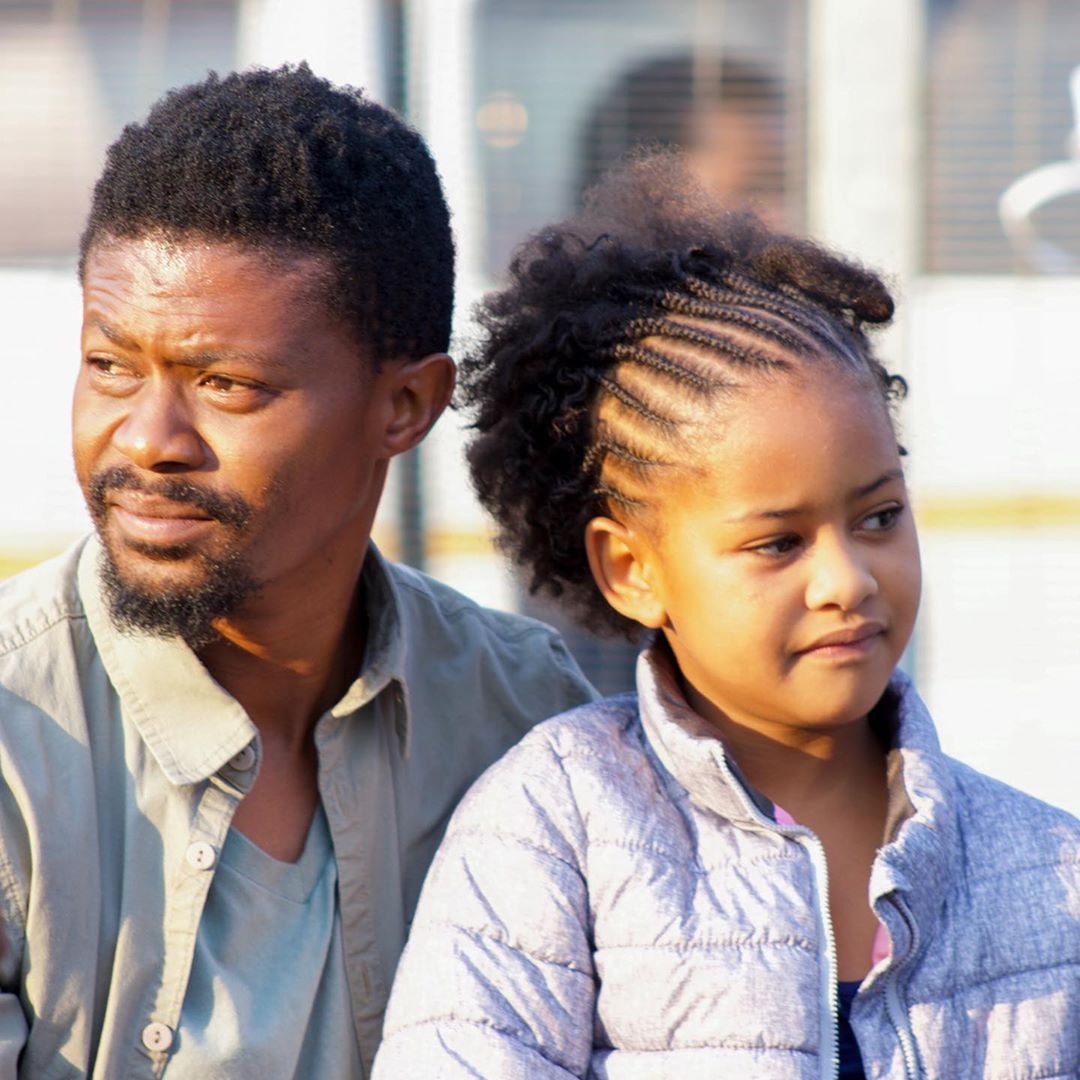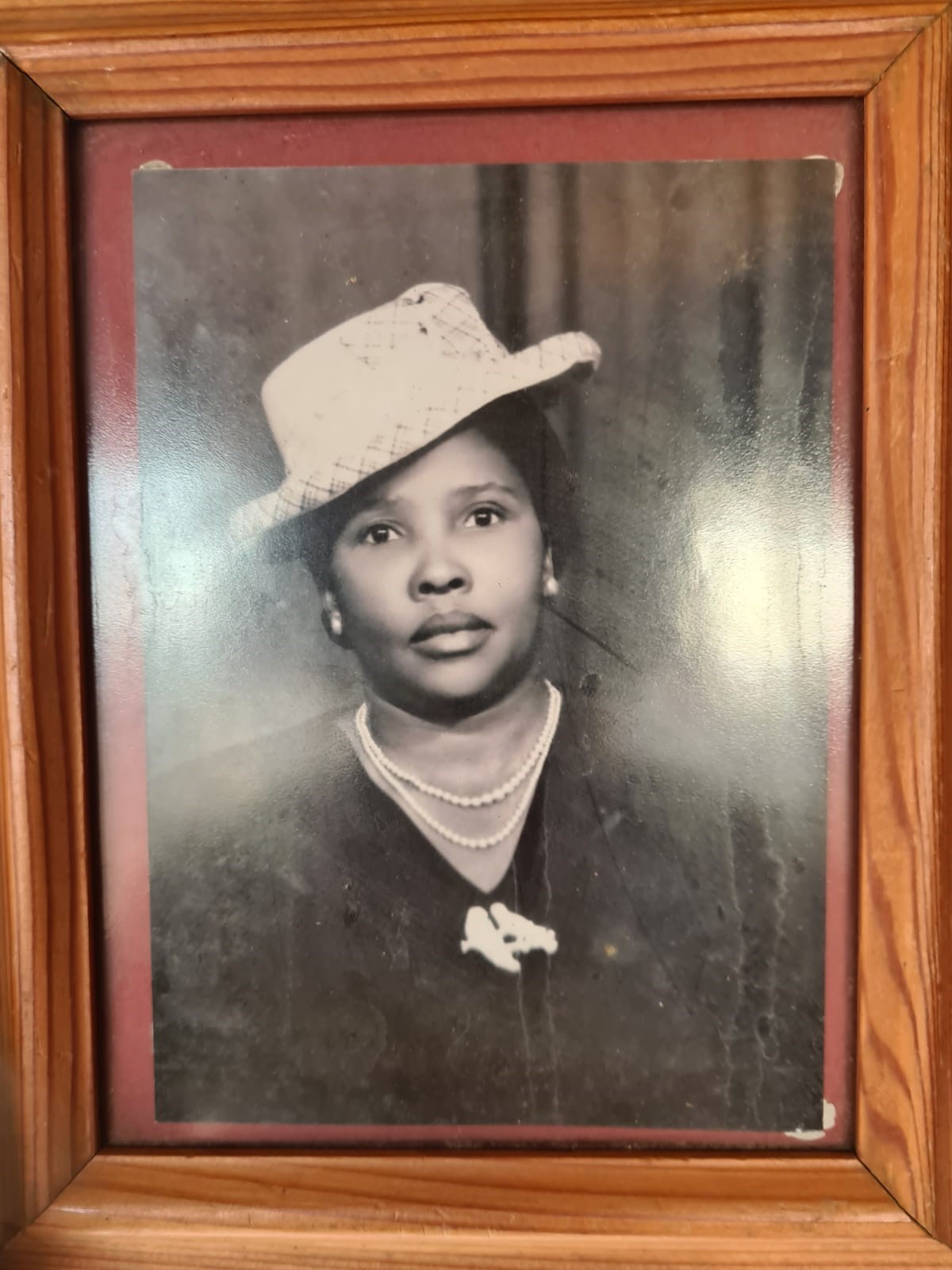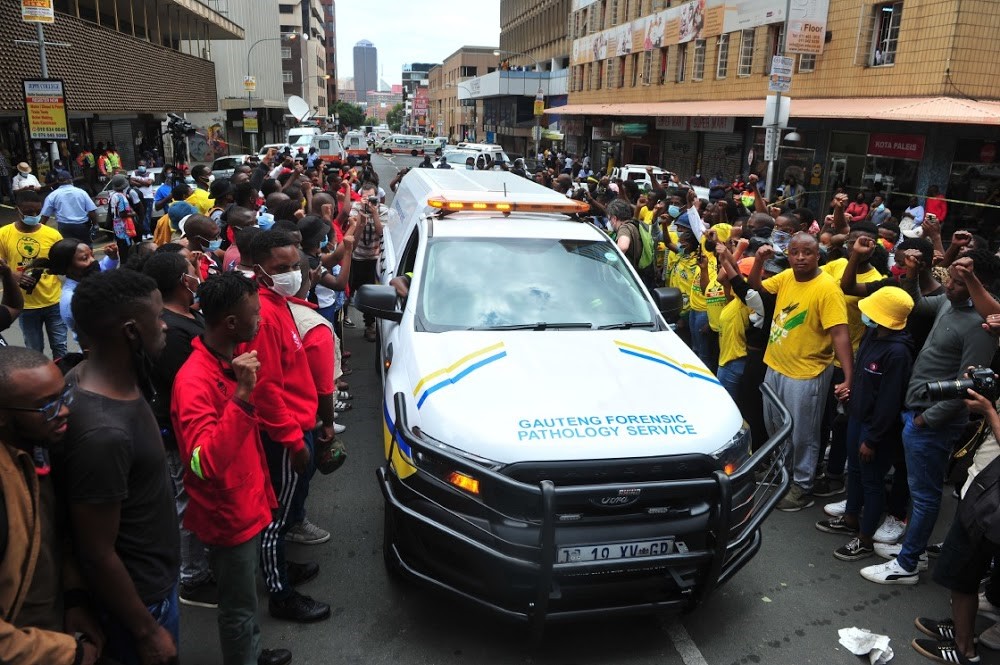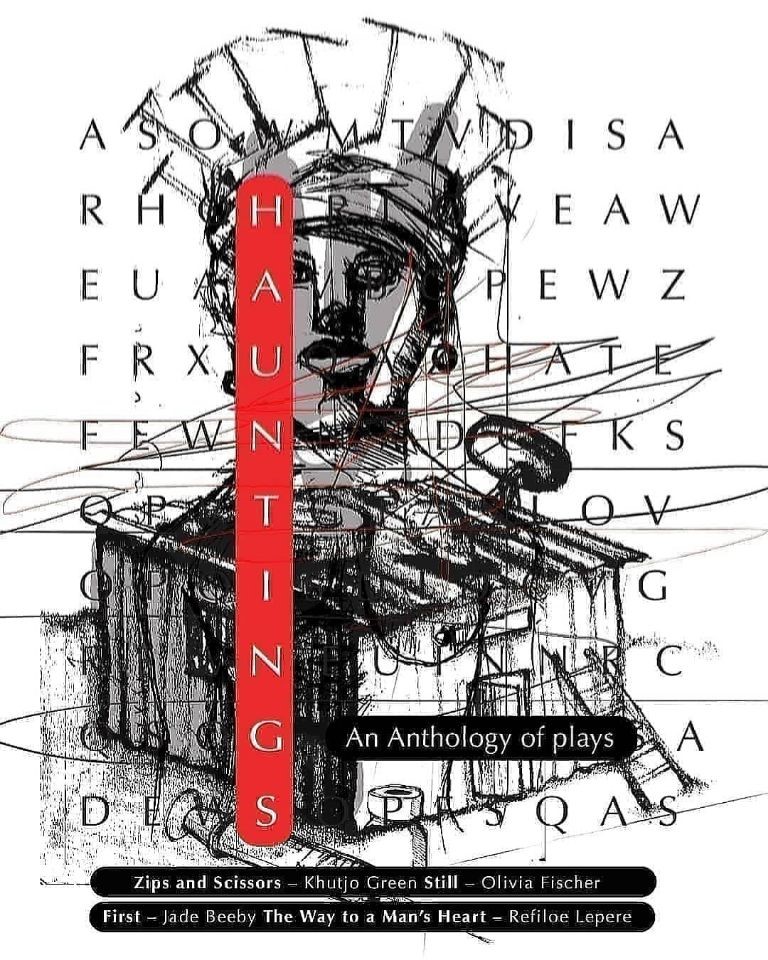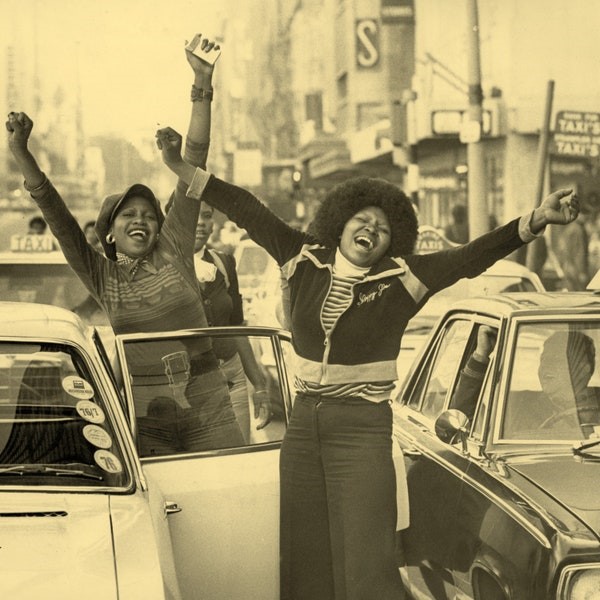SURVIVOR-CENTRED APPROACHES TO ERADICATING GBV: CENTRING SURVIVOR EXPERIENCES, INTERSECTIONALITY AND RESTORING POWER
The term ‘survivor-centred’ has gained significant traction among those working to eradicate gender-based violence (GBV). As activists, organisations and movements put this term to work, they have faced challenges in accurately defining it and, more importantly, in translating it into practice in relation to violence prevention and response.
As young black queer feminist-activists in South Africa, we have participated in movements such as #RUReferenceList anti-rape culture protests at Rhodes University and #TheTotalShutdown march Against GBV and Femicide. These experiences have taught us why and how survivor-centred approaches are integral to our work and what this means in practice.
In this piece we argue that a survivor-centred approach to violence prevention and response requires taking the specific experience of each survivor as a starting point, recognising how that experience is shaped by intersectional identities and focusing on how to restore power to survivors.
Survivor Experience as a Starting Point
Experience is integral to defining a survivor-centred approach as it speaks to the necessity of prioritising the perspectives, needs and interests of survivors, and placing these at the centre in developing and implementing interventions towards the eradication of GBV.
Black feminist theorist Patricia Hill Collins, in her chapter Intersecting Oppressions (2016), argues that experience is integral to knowledge production and solution-finding. She highlights how “what people know and think are intrinsically wrapped up with class position. Also, notice that the elite in any society exercises disproportionate control over what ideas are accepted as truth.”
Collins propels us to consider the hierarchies and gatekeeping that exists within knowledge production processes, and how these constraints further marginalise particular groups of people from the full realisation of their human rights and safety.
The #RUReferenceList protests were sparked by a network of student survivors who shared their experiences of violation on the Rhodes University campus. The protests became a space for taking seriously the importance of experience-sharing and multifaceted knowledge production for proactive solution finding. Many of the perpetrators were students themselves and it was clear that the university management was not invested in centring the needs and experiences of survivors to take action to eradicate sexual violence on campus.
The #RUReferenceList protests are an example of centering experience as the starting point to knowledge production and attempting to eradicate GBV. The protests called for an acknowledgement of our various struggles as survivors and greater institutional accountability for preventing and responding to GBV. We demanded that the university recognise its previous failures to respond to GBV and develop new strategies to create a safer environment for everyone
Centering Intersectionality
A survivor-centred approach recognises that survivors are not a homogenous group but reflect a wide range of experiences that are shaped by different identities and realities, spanning class, race, caste, age, sexual orientation, geography, relationship status and related areas.
Kimberly Crenshaw coined the term intersectionality. In her chapter Mapping the Margins (1991), she argues that intersectionality speaks to “the problem …[of]… identity politics … not that it fails to transcend difference, but rather the opposite – that it frequently conflates or ignores intragroup differences.” In the context of violence against women, she argues, “this elision of difference is problematic, fundamentally because the violence that many women experience is often shaped by other dimensions of their identities, such as race and class”.
Crenshaw shows us that an intersectional survivor-centred approach needs to be both flexible and specific to address the various needs and experiences of different people. Intersectionality can never be divorced from understanding individual experience, as our identities shape our daily realities and understandings of the world. This has been important in guiding the work of many movements and activists.
Our call to action and participation in #RUReferenceList and #TheTotalShutdown was directly informed by our own multi-dimensional relationships with violence. Through collective action, we rose up against a system that imposed homogeneous responses and limited categorisations of our experiences of violence, which inherently perpetuated the erasure of the multiple violent experiences that women and the LGBTQIA+ community are subjected to on a daily basis.
A survivor-centred approach to prevention therefore means responding to the diverse and intersectional nature of experiences that give rise to varying forms of GBV.
Restoring Power to Survivors
One of the core issues the protests highlighted was the feeling of disempowerment that was perpetuated by the institution. Reporting procedures were cumbersome and poorly facilitated investigative processes were imposed on survivors, which left many feeling discouraged on their journey towards healing and justice.
All forms of GBV serve to take away a survivors’ power in a very fundamental way – the power to make choices concerning the essence of one’s self – one’s bodily autonomy. A survivor-centred approach to responding to GBV, therefore, needs to invigorate a sense of empowerment and deliberately restore power back to the survivor.
Feminist writer Brittany Cooper discusses the difference between empowerment and power, emphasising the usefulness of both concepts. Although Cooper concedes that empowerment is of great value she writes that “empowerment…[is a]…decidedly neoliberal word that places the responsibility for combating systems on individuals … It tells us that in a free market devoid of any regulation or accountability at the top, what happens at the bottom is entirely our fault”.
Although empowerment is a necessary step for the upliftment of survivors, Cooper’s analysis recognises the shortfall of empowerment, especially in the context of a marginalised body whose power has been negated by systemic injustices. Cooper reminds us that for empowerment to be truly effective, it is important to also reclaim the power to make practical and systemic changes with material consequences to better the conditions of survivors’ lives.
A survivor-centred approach to prevention and response implies addressing the ways in which the system takes away survivors’ power. It addresses the barriers they face in accessing support systems, helps them navigate these systems without being further disempowered, and focuses on their re-humanization through the process.
About the authors
Yolanda Dyantyi is a 22-year-old feminist-activist who is moved by the importance of creating as many platforms as possible to share our stories about the many intersecting experiences of systemic violence. Her work is informed by her own experiences within grassroots activism and the power of civic engagement in amplifying the voices of marginalised communities, particularly those of poor black women. Yolanda believes that our stories are political tools that can push for social, political and economic reform.
Ciko Sidzumo is a black queer feminist-activist who believes in the necessity of creating multi-medium storytelling platforms for the enrichment of the community. She aims to use her skills and interests in creative producing, such as theatre-making, filmmaking and storytelling, to encourage community engagement on critical socio-economic, political and gender issues in South Africa. Ciko is deeply moved by the promotion of community-based solutions for the creation of effective and affective change in society, and these principles inform the work that she aspires to do continuously as an activist and a creative. She is a firm believer in radical love, radical healing and radical happiness.
Yolanda and Ciko founded The Archive: Amabali Wethu, an organisation that aims to cultivate a practice of dialogue that broadens our understanding of GBV and recovery through curatorial and creative archival work. Motivated by the guiding intersectional principle of experiential knowledge, our work is centered around three pillars: Awareness, Navigation and Recovery.
*This article initially appeared on the Prevention Collaborative

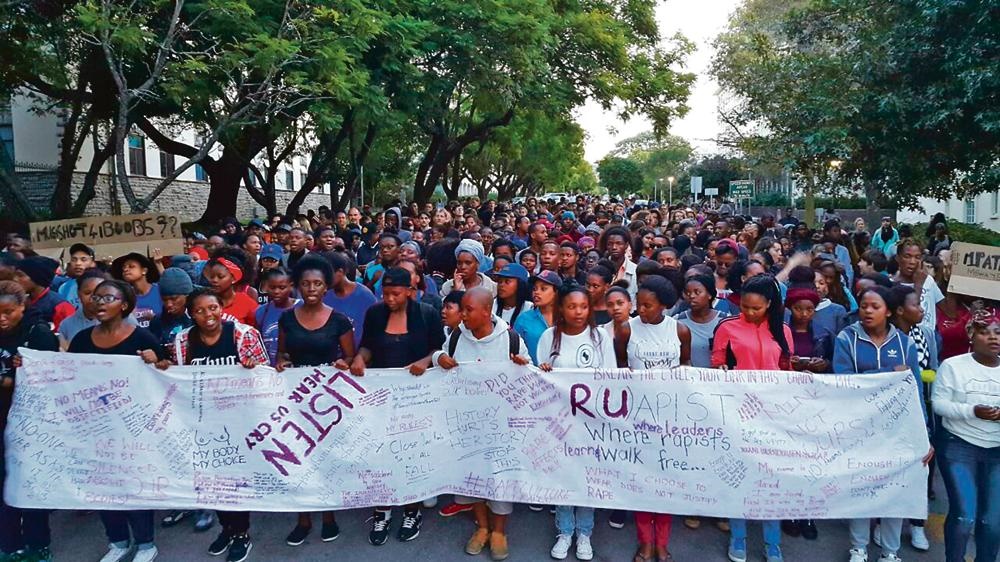
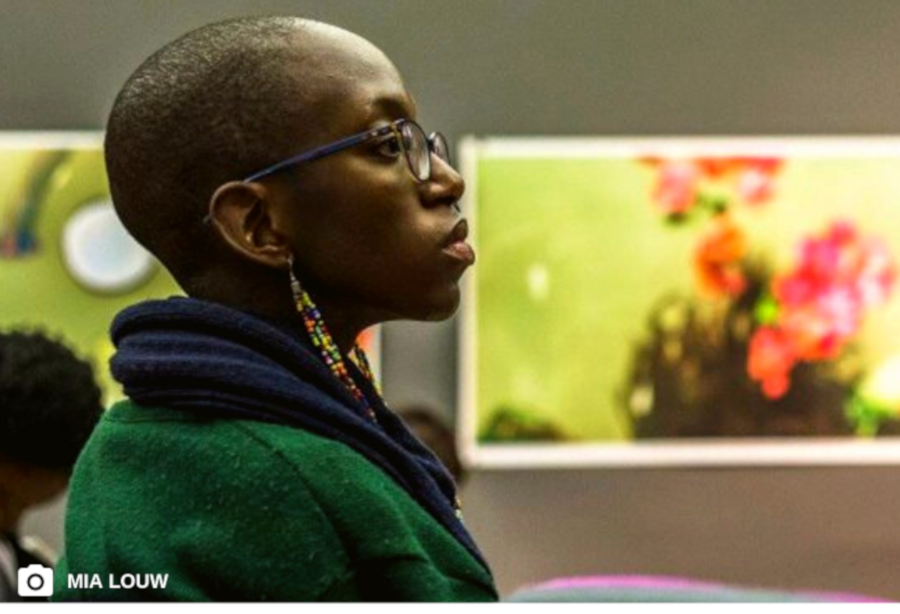


![1976 [Part2]](assets/images/1976.jpg)
